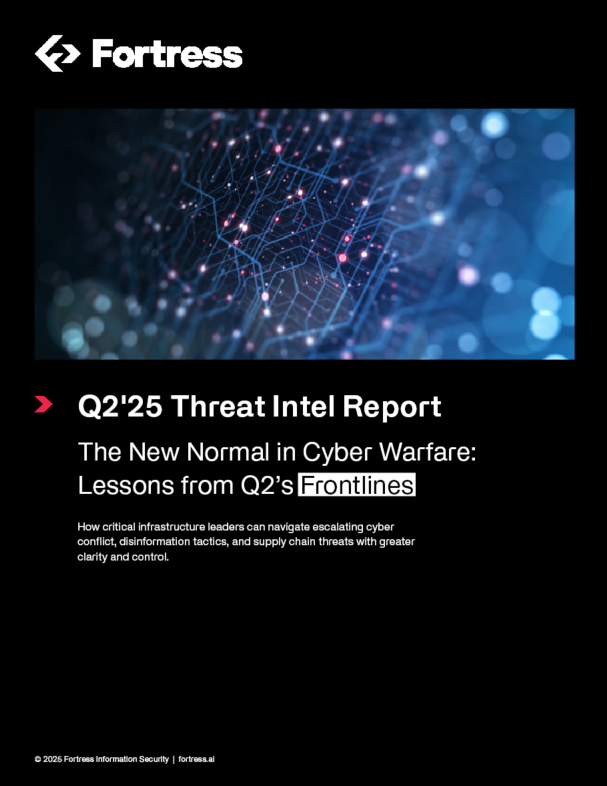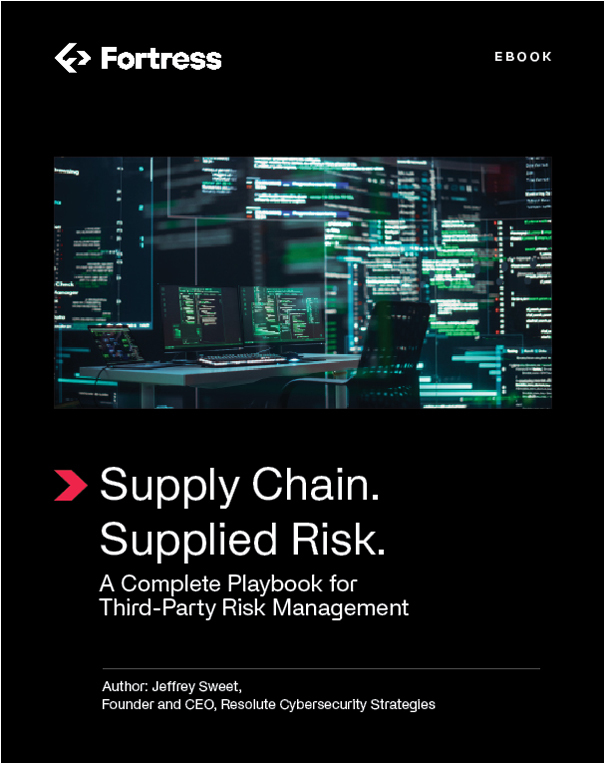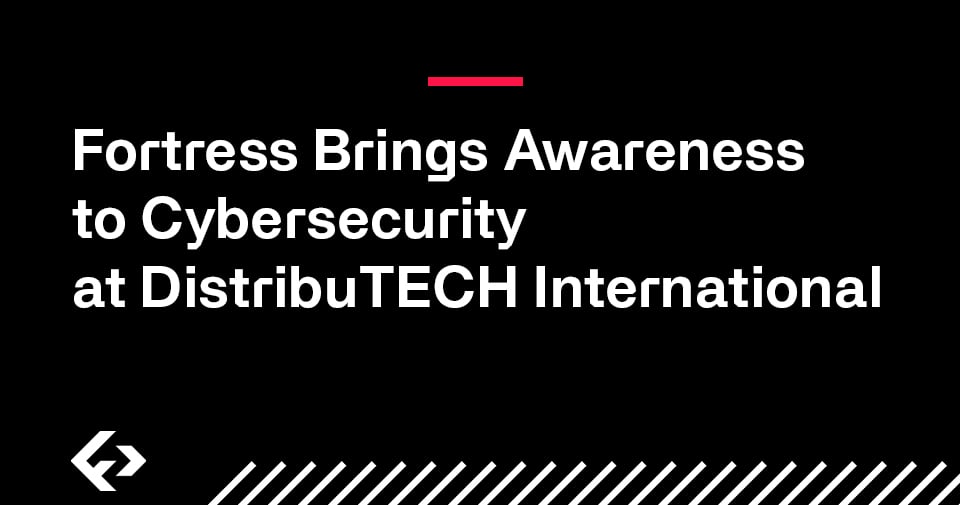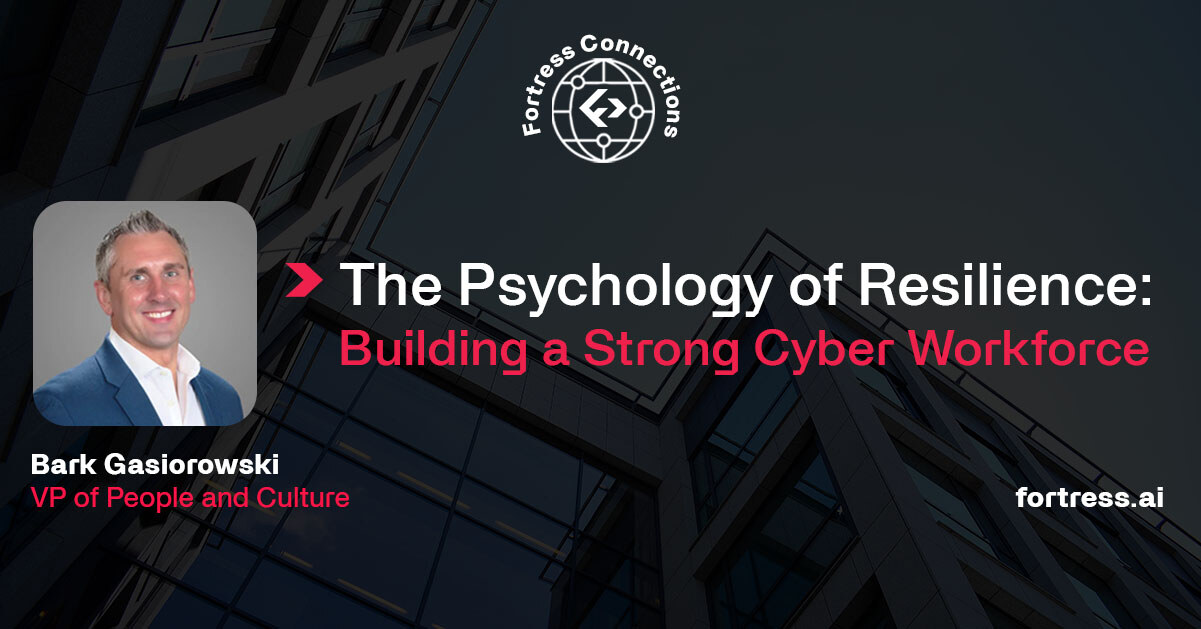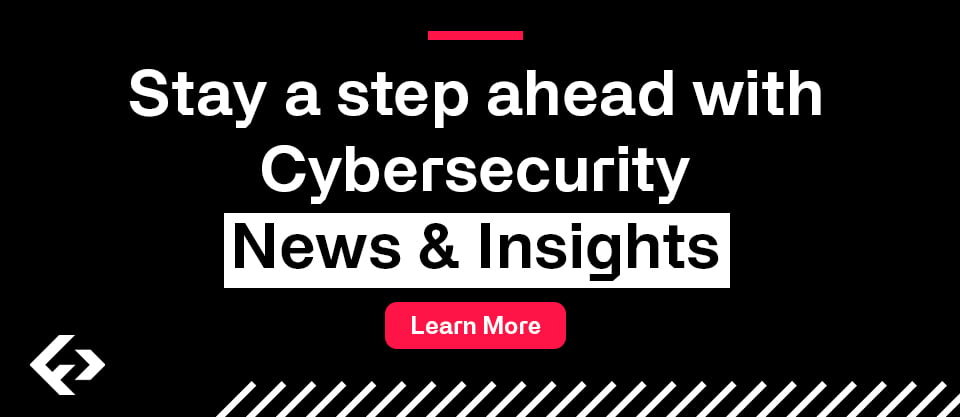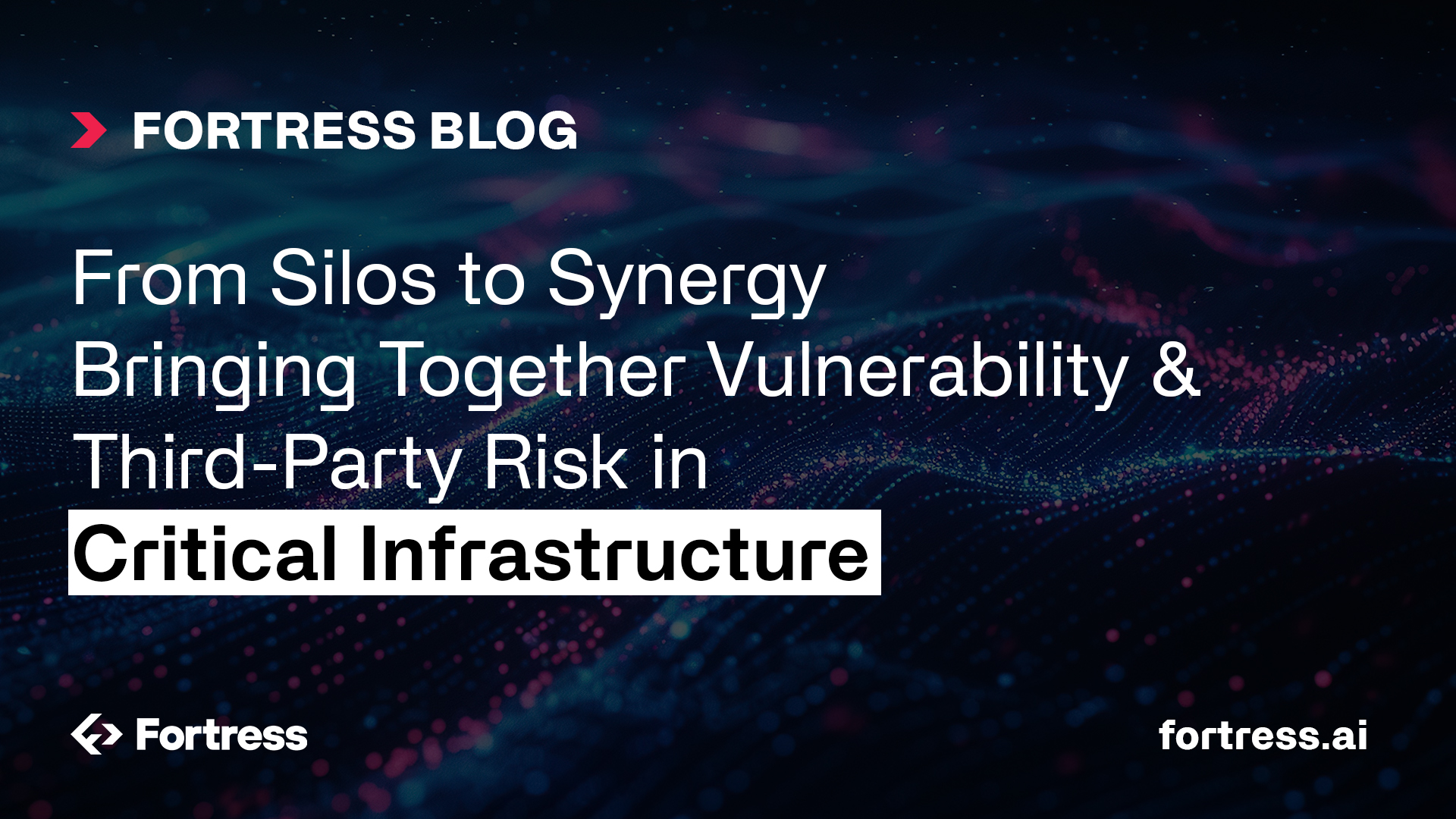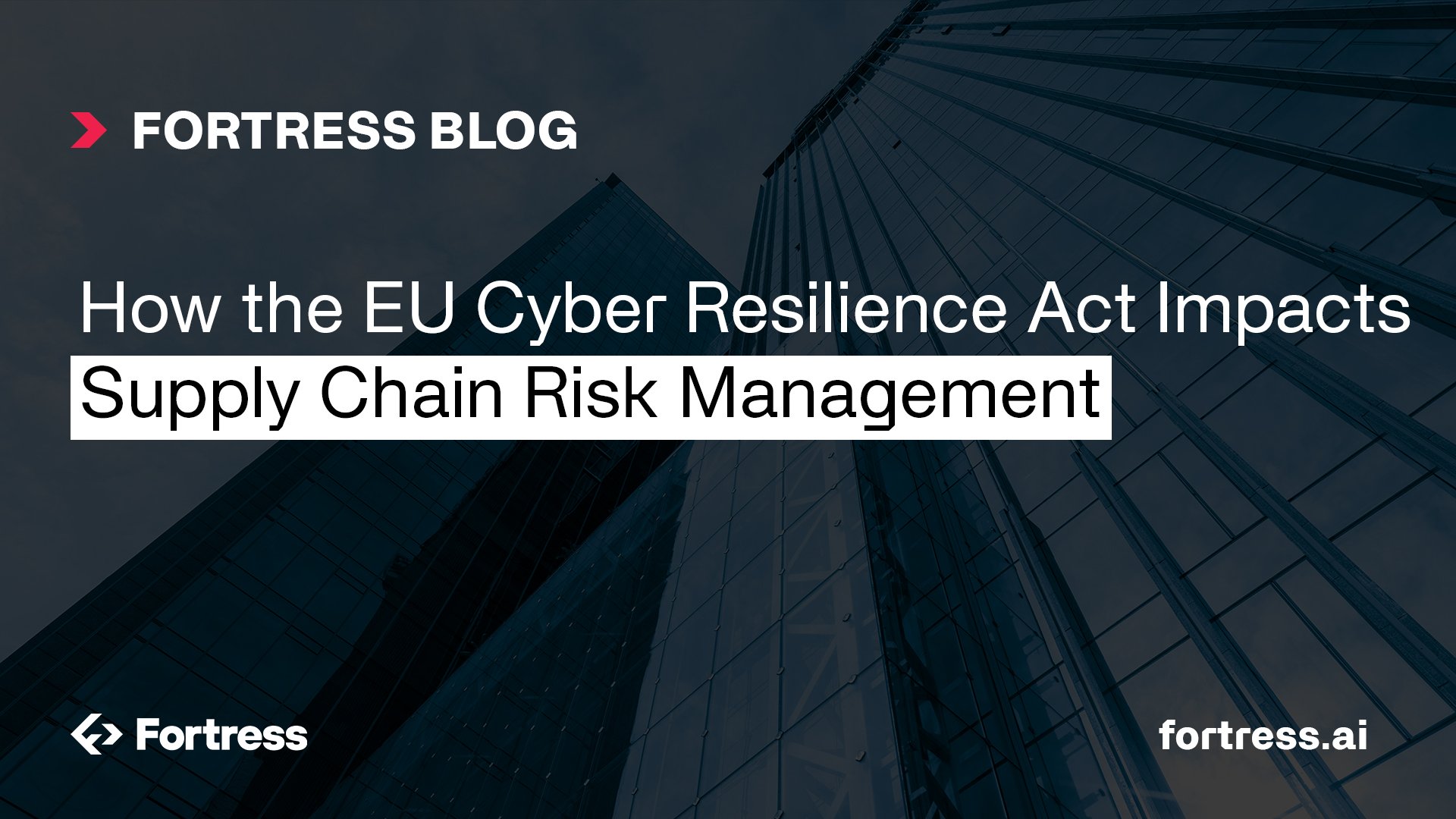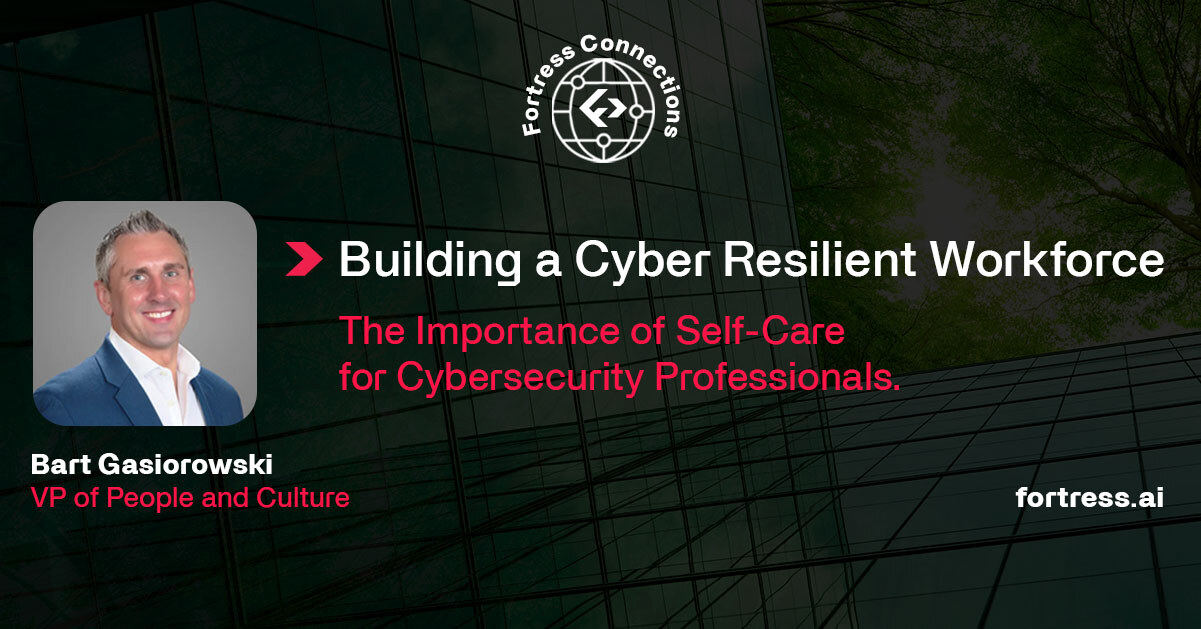Investigating the mental aspects of resilience is important as we strive to strengthen the cyber workforce. Cybersecurity professionals need to be resilient to handle the stress and challenges of their professions. Resilience isn't a passing fad; it's a necessary quality. If we understand and use the psychology of resiliency to create an environment that supports mental and emotional strength, we can take a greater stance on cybersecurity.
Getting a Handle on Resilience
A resilient person is one who can cope with and recover from adversity. Despite the high levels of inherent stress within the cybersecurity profession, this implies that those working in the field can maintain their performance and health. People are resilient when they have mental fortitude, emotional management skills, and operate in an environment that supports them.
Crucial Mental Components of Resilience
One of the initial stages in developing resilience is cultivating self-awareness. If you are aware of your own mental processes, you will be better able to recognize the signs of stress and take appropriate action. Emotional regulation, or the capacity to manage and appropriately respond to intense emotions, goes hand in hand with this. It is crucial for cyber workers to be able to maintain composure and concentration in the face of stressful conditions.
It is equally crucial to have a mindset that is open to growth. You may strengthen your resilience by viewing challenges not as threats but as opportunities for personal growth. People are motivated to continuously learn and grow when they adopt this mindset. Having someone you can lean on emotionally and physically when times go rough is another benefit of having a solid support system. One way to better handle difficult situations is to cultivate ties with other professionals and coworkers.
Finally, mastering your emotional state of being is crucial. Even when things don't work out the way you expected, keeping a healthy attitude will help you overcome obstacles. Optimists are more likely to persevere through adversity and find solutions because of their healthy outlook.
Strategies for enhancing psychological resilience
One powerful strategy to build resilience is to encourage self-care. Meditating and practicing mindfulness can help individuals reduce stress by bringing them into the present moment. Meditating on a regular basis might assist you in focusing and managing your emotions. Physical activity has several health benefits, including reducing stress and increasing happiness, so making time for it every day is crucial. An individual's psychological well-being can benefit greatly from the promotion of exercise programs. It's critical that people who deal with computers don't overwork themselves and get adequate sleep. Promoting rest periods and a healthy work-life balance is critical.
The development of a supportive mindset is equally critical. When people can express themselves freely, they are more likely to feel comfortable sharing their struggles and asking for assistance. Help may be provided when it's required, and issues can be prevented from worsening in this way. Build a stronger, more resilient team by instituting peer support programs where members may share stories and receive assistance from one another. Rewarding and recognizing cybersecurity professionals on a frequent basis improves morale and promotes positive conduct.
Providing training and tools is another effective strategy. It may be beneficial to provide workshops on techniques for managing stress, such as deep breathing, progressive muscle relaxation, and cognitive-behavioral approaches. Simulation scenarios, resilience-building exercises, and interactive conversations are all part of training programs that aim to create adaptive workers. People are more likely to seek help when they need it if they have access to mental health specialists and resources.
In Conclusion
Anyone working in a stressful environment should understand the psychological aspects to construct a resilient workforce. Being self-aware, practicing emotional intelligence, having a growth mindset, social support systems, and being accepting all make our cybersecurity workforce more resilient. Steps along this road include prioritizing people taking care of themselves, making their communities more supportive, and providing them with the resources they need.
Prioritizing the mental, physical, and emotional health of our staff is crucial as we navigate the dynamic field of cybersecurity. Workplace resilience is associated with greater job satisfaction and interest, as well as higher preparedness to deal with cyber threats. By collaborating, we can develop a robust defense that remains resilient in the presence of difficulties and overcome challenges together.

